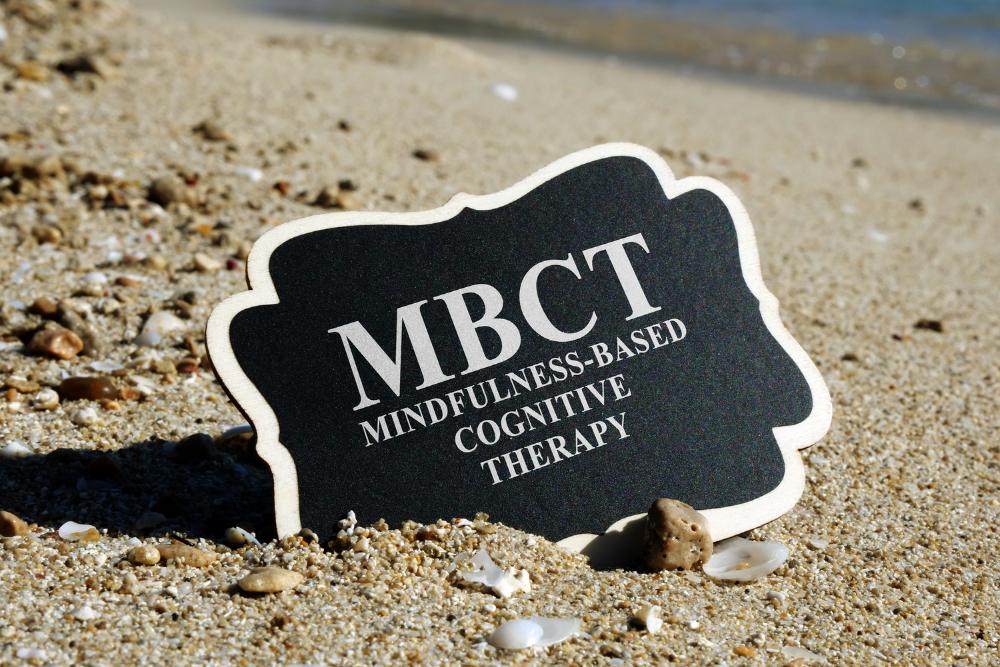One of the common issues that causes a patient to seek out therapy is depression,…

Emotion-Focused Family Therapy
Emotion-Focused Family Therapy
If you are looking for a therapist or are trying different therapy methods, you may have heard of emotion-focused therapy or emotion-focused family therapy. This form of therapy explores and deals with the emotions or reactions you may be experiencing, and can be used to treat a number of different issues. Read on to learn more about this particular approach, and hopefully determine whether or not it is right for you.
What Is Emotion-Focused Therapy?
Emotion-focused therapy, or EFT, as it is often called, is a type of therapeutic approach. It mainly focuses on the idea of emotions being important to identify and believes that these emotions are guides for individual choice and decision-making in a person. Hence, this approach also believes that a lack of emotional awareness, or trying to avoid difficult emotions can be harmful. It makes a person unable to utilize the information that our emotions provide us with.
Those who are trained in EFT are able to treat patients with a number of different concerns or issues, as this approach can be applied to many different situations. For instance, a therapist may use EFT to help someone learn to be more aware of their emotions or to help them learn to improve at using the information that is supplied by adaptive emotions. Those who go through emotion-focused therapy may also improve their abilities to cope with, as well as decrease, the negative effects of maladaptive emotions.

History of Emotion-Focused Therapy
For the most part, Emotion-focused therapy was developed by Leslie Greenberg. He actually did not set out intentionally to develop a new therapeutic approach but was instead simply trying to study how people change. The research took place over 3 decades, with the first related materials being published in 1979.
EFT draws from some of the principles of cognitive behaviour, person-centred, and Gestalt therapies. In addition to these, the approach uses some of the aspects of Piaget’s studies on how people solve problems. It can also reference systemic interactional perspectives if used to treat more than one person– like a couple, for instance.
Benefits of Emotion-Focused Therapy
Emotion-focused therapy, as mentioned above, can be used to treat many different things. This is because it targets our emotions and how we deal with them, and emotions are tied to so many thought processes which can cause us harm– or do us good! It is also true that unsuccessful efforts to control emotions are what often bring a person to therapy.

EFT was first used to treat depression. A person who is suffering from depression may try to avoid situations that may affect their mood or may spend a lot of effort avoiding people, places, or things that could be depressing or cause anxiety. With emotion-focused therapy, though, a person is taught to view emotions as valuable sources of information, instead of difficult states of being. They will learn to experience their emotions instead of suppressing them.
Besides depression, this therapeutic approach can also be used to treat issues such as childhood abuse or neglect, eating disorders, anxiety, borderline personality, and interpersonal issues. In addition to these, it has also been shown to help couples who are in distress and experiencing issues in their relationship.
How Does Emotion-Focused Therapy Work?
There are a few techniques that are key in the EFT approach, and therapists usually focus on developing an acceptance of one’s emotions, as well as then learning to assess the emotions and better use the emotions in order to avoid negative or harmful reactions. In therapy sessions, a therapist will listen and question with a non-judgemental and reflective approach. This also helps to make a person more comfortable during their sessions, making it easier to open up more.
A therapist will use therapeutic techniques that are referred to as emotion coaching. These techniques are tools that help a person learn different ways to use healthy emotions to guide their actions. This approach can assist in further transforming a person and moving on from challenging emotions or reactions.
Early sessions will focus on arriving at emotions– such as becoming more aware of emotions or learning to welcome and regulate them– while later sessions will focus on leaving. This is seen by evaluating whether emotions are helpful or unhelpful in a situation, or learning to change these unhelpful emotions, among other goals. When a person begins to have an improved ability to regulate emotions, for instance, EFT is seen as having been successful.

Lionheart Therapists that Incorporate EFFT
| Lindsay Huculak | Dr. Raechelle Paperny | Kristin Boettger | |
| Danelle Spence | May Melnyk | Joanna Card | |
| Tasha Belix | Talia Zink |
Frequently Asked Questions
What is emotion-focused therapy theory?
Emotion-focused therapy is founded on the idea, or theory, that emotions are key to identity. This therapy approach also believes that emotions are a guide for individual choice and decision-making in a person. Therefore, if a person lacks emotional awareness, or avoids difficult emotions, it can lead to harm for them and for others that whom they may come into contact.
What are the 3 goals of emotion-focused interventions?
Emotion-focused therapy focuses on the tenets of strengthening the self, regulating effect, and then creating new meaning. There are also 3 phases to this therapy approach, which are de-escalation, restructuring interactions, and consolidation. These can often be used in an emotion-focused intervention, too.
What is emotion-focused parenting?
Emotion-focused parenting takes the approach to parenting as emotion-focused therapy takes to patients.
It involves tolerating and trying to understand your child’s overwhelming, big feelings. It also requires you to understand that encouraging healthy expression is good for your child– instead of trying to contain their emotions and reactions, you should explore why they are feeling a certain way and help them to figure out what to do about the reaction they are having.
What are the techniques of emotionally focused therapy?
Emotion-focused therapy utilizes 3 key techniques with its patients. These techniques are cycle de-escalation, changing interaction patterns or restructuring interactions, and consolidation and integration.



